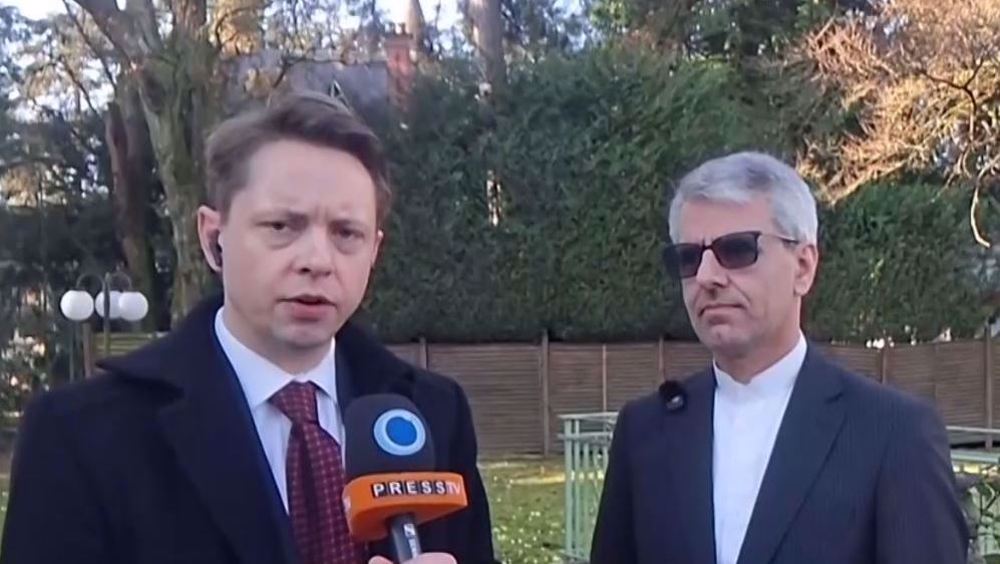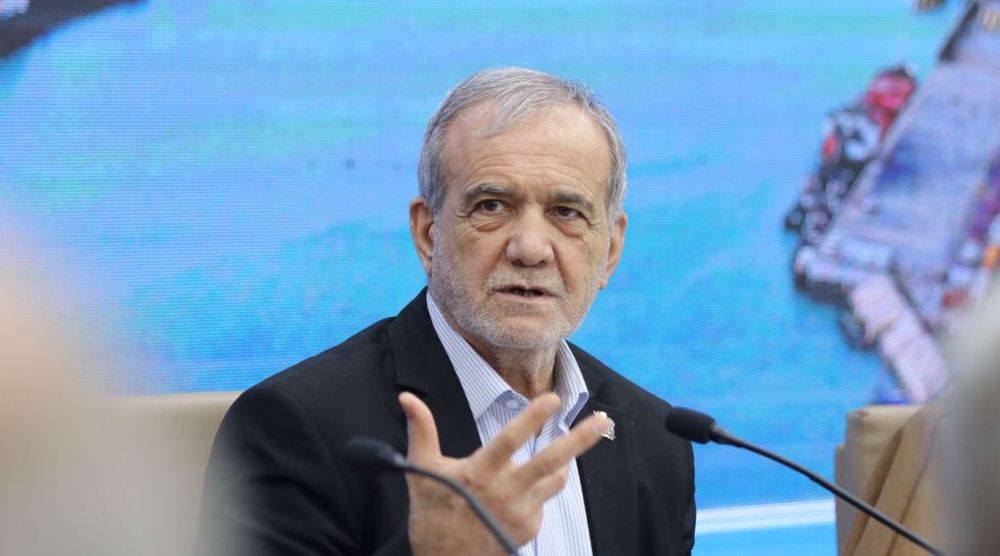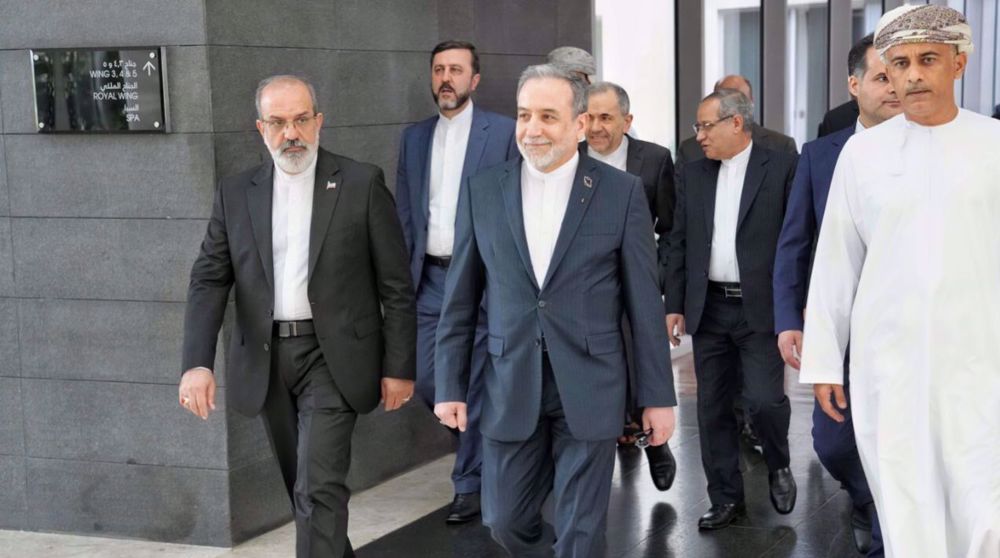Germany, China reaffirm their support for Iran nuclear deal
Germany and China have reiterated that they are committed to the 2015 nuclear deal between Iran and the P5+1 group of countries following the United States' withdrawal.
Speaking alongside visiting China's Premier Li Keqiang on Monday, Chancellor Angela Merkel said the nuclear accord, officially known as the Joint Comprehensive Plan of Action (JCPOA), was well-negotiated. The Chinese premier also warned against the unforeseeable consequences if the deal falls apart.
"We remain committed to the nuclear agreement. We think it was well negotiated," Merkel said. "There is more that needs to be negotiated with Iran, but we think it is better to stay in the agreement."
However, Merkel implied that Berlin could do little to protect international companies against punitive US measures, adding that it is up to individual firms to decide if they want to invest in Iran.
Earlier in the day, a spokeswoman for the Chinese Ministry of Foreign Affairs, Hua Chunying, expressed Beijing's resolve to continue efforts to safeguard the achievements of a 2015 nuclear agreement, putting forward a five-point proposal.
"Facing the complicated and stern situation at present, China clearly put up a five-point proposal emphasizing in particular that international rules should be observed, major countries should show their due integrity and sense of responsibility, unilateral sanctions can only run counter to one's desire and should be abandoned, and dialogs and consultations should adhere to a constructive approach in discussions about issues of common concerns," Hua said.
Read More:
US President Donald Trump announced on May 8 that Washington was walking away from the nuclear agreement and that he plans to reinstate US nuclear sanctions on Iran and impose "the highest level" of economic bans on the Islamic Republic, jeopardizing the survival of the landmark accord.
Under the JCPOA, Iran undertook to put limits on its nuclear program in exchange for the removal of nuclear-related sanctions imposed against Tehran.
Since the US president pulled Washington out of the historic nuclear deal, European countries have been scrambling to ensure that Iran gets enough economic benefits to persuade it to stay in the deal. The remaining parties have vowed to stay in the accord.
Tehran has conditioned its stay in the deal to practical European strides to make sure Iran’s dividends from the deal would not be affected when US sanctions "snap back" in August.
The first group of sanctions on Iran’s automotive sector, gold trade, and other industries will “snap back” on August 4. Further sanctions on oil and transactions with the central bank of Iran will come into effect November 6.
Zarif, one of the architect's of the nuclear pact, further said Iran received an economic package from the European countries two days ago but Iranian "President [Hassan] Rouhani said it is not enough." He added that Europe must translate its commitment and measures into action before the re-imposition of the US sanctions on Tehran.
OIC welcomes Oman-mediated Geneva talks between Iran, US; warns against use of force
VIDEO | Campaign to boycott Israeli ‘apartheid dates’ in UK intensifies during Ramadan
VIDEO | Pakistan launches Operation Ghazab lil-Haq after Afghan border firing
VIDEO | Pakistan condemns Israel’s expansionist agenda in Palestine at OIC
Rubio warns US envoys against undermining Trump’s pressure campaign targeting Iran: Report
Iran, Qatar stress continuation of diplomacy towards preserving regional peace, stability
Majority of Americans support Palestinian state as Israel backing declines sharply: Poll
New Israeli strikes kill more Palestinians across Gaza in 'serious violation' of ceasefire

















 This makes it easy to access the Press TV website
This makes it easy to access the Press TV website